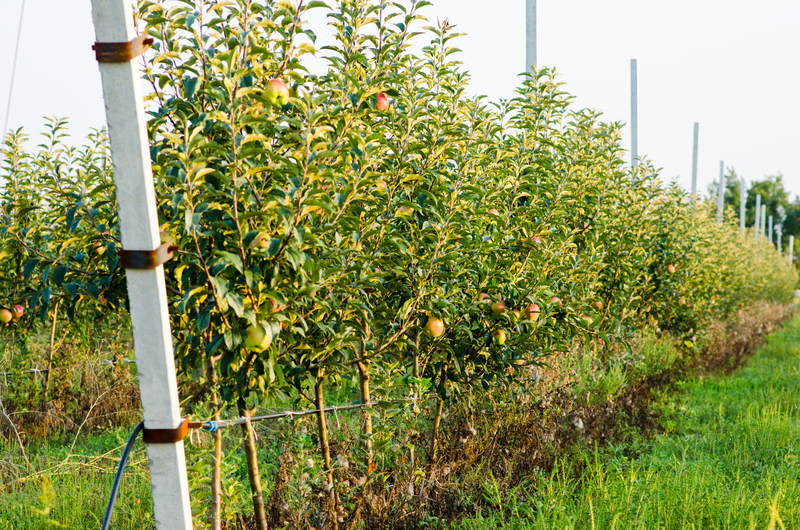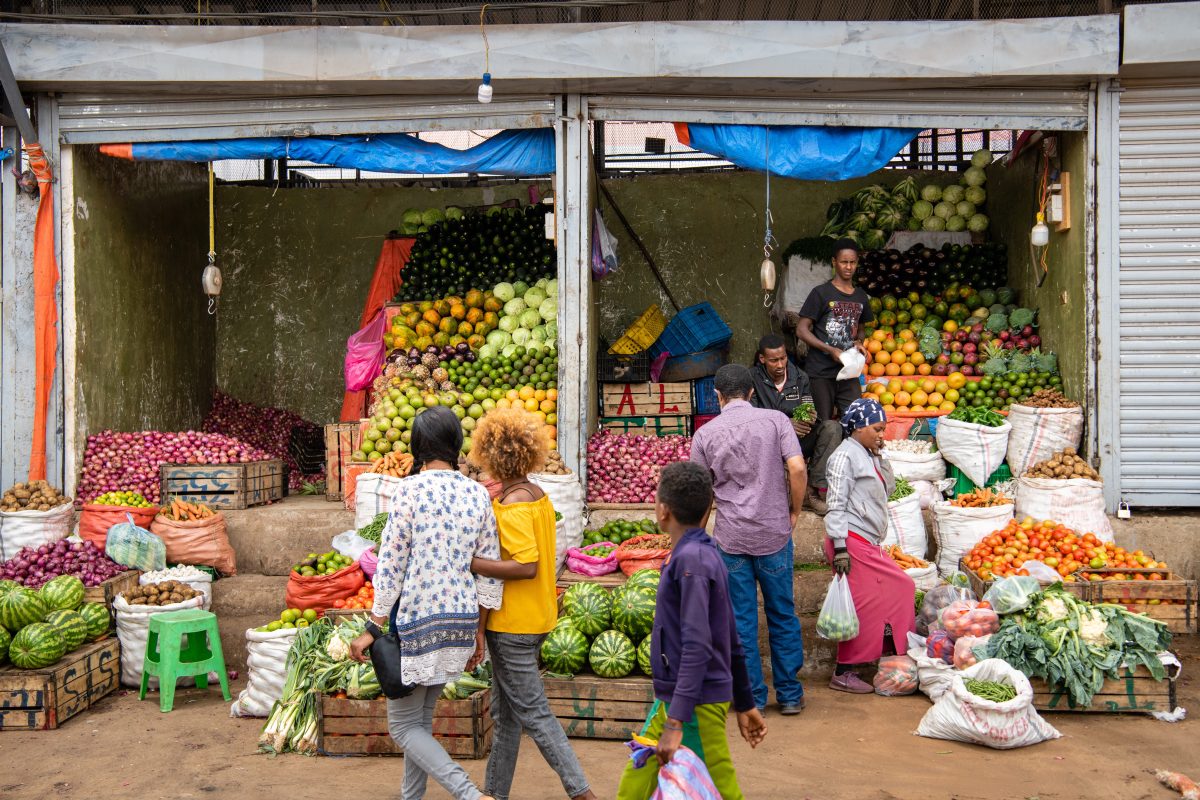The reality of today’s economy is that farms are just the beginning of the role of agriculture in world markets. Agriculture is about business and management as much as it is about production.
In today’s agricultural economy, farmers are constantly looking for additional information about risk management, technology, input strategies and more. Our faculty are engaged in research that helps farmers, and the agriculture industry as a whole, understand trends and make informed choices. We also look at the impact on agriculture of labor markets, technology, population trends, climate change, and increasingly complex trade policies. Beyond the farm, research and outreach are focused on domestic and international food systems, biotechnology, and intellectual property. Through our work we are helping to ensure that the agricultural sector continues to thrive.
Economics of Agriculture News
This is an accordion element with a series of buttons that open and close related content panels.
Economics of Agriculture Courses
AAE 215: Introduction to Agricultural and Applied Economics Became AAE 101 starting fall 2024. AAE 101 is the exact same course as formerly known AAE 215. Introduction to economic ways of thinking about a wide range of problems and issues. Topics include consumption, production, prices, markets, finance, trade, pollution, growth, farms, taxes, and development.
AAE 319: The International Agricultural Economy The nature of trade in agricultural products, trade policies and practices of importing and exporting nations, agricultural policies of major trading blocks, market instability and other primary commodity problems, recent history and current developments in multilateral trade policy.
AAE 320: Agricultural Systems Management Methods of economic analysis, planning and management as applied to conventional and alternative farming systems.
AAE 322: Commodity Markets Principles and practices in marketing systems for U.S. agricultural commodities. Vertical organization; forward contracts, future markets, agricultural options and price formation. Alternate management at the farm, processor, wholesale and retail levels.
AAE 419: Agricultural Finance Introduction to basic finance concepts. Topics include financial statements, ratio analysis and interpretation, investment analysis, capital budgeting, credit concepts, and capital markets.
AAE 477: Agricultural and Economic Development in Africa Composition, organization, and techniques of agricultural production; economic change and development of agriculture, economic policies, special problems of developing African agriculture.
AAE 540: Intellectual Property Rights, Innovation and Technology Uses economic concepts to illustrate the nature of technological innovation, competition, and economic growth. Topics: Economics of the intellectual property protection (IPP); market structure and innovation; interaction between public and private sectors; IPP and anticompetitive policies; globalization
AAE 706: Applied Risk Analysis Conceptual empirical analysis of economic behavior under risk and its implications for management and policy decisions. Emphasis on economic applications to the agricultural and food sector.
AAE 746: Frontiers in Agricultural Economics 1 Economics of agricultural technology innovation and adoption, properties and measurement of production and productivity, and impact evaluation. Empirical methods, including surveys, experiments, randomized trials, and instrumental variable methods of testing applied microeconomic models.
AAE 747: Frontiers in Agricultural and Applied Economics 2 Organization, design, and performance of food and agricultural markets. Industrial organization; firm boundaries, contracting, and collective action; spatial, temporal, and quality dimensions of market design.




_903682-213w.jpg)







